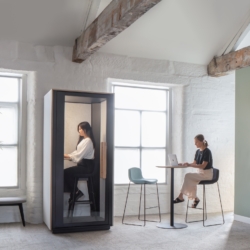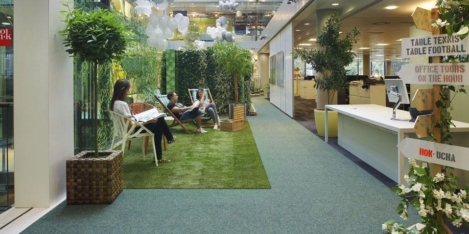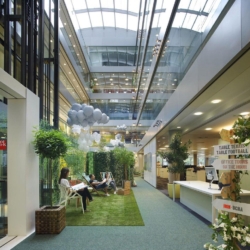March 28, 2025
The full stop emerges as a major point of contention in the workplace
 A new poll from The Adaptavist Group claims that there is a growing generational divide in workplace communication, with emojis, punctuation, and AI use emerging as key areas of contention. The study, which surveyed 1,000 UK knowledge workers, reveals how different age groups interpret digital communication tools in the workplace, affecting collaboration and productivity. The Workplace Communication Atlas suggests that nearly half of workers (46 percent) struggle with misinterpreting tone or phrasing, making it the most significant communication challenge. Differences in response time expectations (also 46 percent) and lack of context (31 percent) were also cited as common issues. The findings build on previous research from The Adaptavist Group, which showed that 56 percent of workers find generational collaboration difficult. (more…)
A new poll from The Adaptavist Group claims that there is a growing generational divide in workplace communication, with emojis, punctuation, and AI use emerging as key areas of contention. The study, which surveyed 1,000 UK knowledge workers, reveals how different age groups interpret digital communication tools in the workplace, affecting collaboration and productivity. The Workplace Communication Atlas suggests that nearly half of workers (46 percent) struggle with misinterpreting tone or phrasing, making it the most significant communication challenge. Differences in response time expectations (also 46 percent) and lack of context (31 percent) were also cited as common issues. The findings build on previous research from The Adaptavist Group, which showed that 56 percent of workers find generational collaboration difficult. (more…)


































March 17, 2025
The change we need: hearing women and embracing curiosity in the workplace
by Jennifer Bryan • Comment, JB